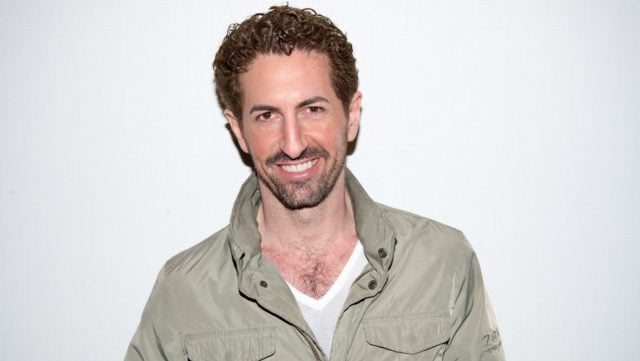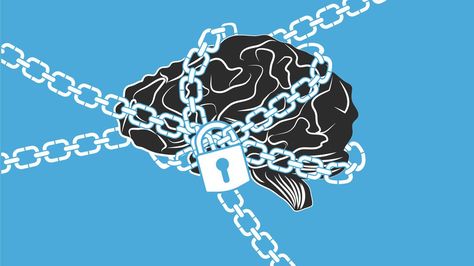Disclaimer: Originally published in February 2020. It is being republished since it still remains an interesting topic till today.
Can we trust our own brains? What can our dreams tell us?
Hacker turned neuroscientist Dr. Moran Cerp has been fascinated by these questions for years now.
As a kid, he hacked video games. As he grew up, Cerp helped banks find loopholes in their cybersecurity. Now, after attaining a doctorate in neuroscience from the California Institute of Technology, he began hacking the human brain.
“I can trace everything I do now to computer games like Donkey Kong that I hacked in the 1980s,” he said in an interview.
Hacking The Brain Can Benefit Us In Learning
Cerp has worked with companies that provide online learning for investment management professionals. These companies wanted to identify patterns in the brain which would help measure whether people are actually learning.
So, Cerp collaborated with them on projects to help understand how the brain functions when it is undergoing learning. He said that this can help kids as well as working professionals.
“As part of our experiment, we had kids in a class wearing a device on their head that sends feedback to the teacher on a screen about their attention. This way she knows if some of them didn’t get what she just said and she has to explain it again; or if they all got it and she can move on,” Cerp explained.
This can provide an excellent feedback mechanism for teachers to help them understand how well the students are comprehending the information.
“We might see better ways to match teachers and students, forming classrooms by brain alignment rather than by age or ability,” he added.
Also Read: In Pics: Hyperloop One To Make Mumbai-Pune Travel Time Down To 25 Minutes Only
Decision Making Can Improve
Hacking the brain can also help in personality analysis which will help people understand what kind of decisions they are better at taking. Cerp said that they can even identify if a person makes better decisions in the morning or at night, when working alone or in a team setting, and so on.
As and when the devices used in making the analysis become cheaper, brain hacking might become more and more popular.
Cerp said, “We’ve also looked at the brain states of Silicon Valley investors when making investment choices based on a one-minute pitch. Our findings can help these investors make big decisions better.”
However, many people believe that hacking of the brain is an infringement of privacy and hence advocate laws to prevent this from happening. They argue that brain hacking can have adverse effect on national security and politics. With the rise in surveillance on social media platforms, technologies such as brain hacking are already being fed a lot of data. From here, it can get worse.
Laws To Prevent Brain Hacking
Marcello Ienca, a neuroethicist at the University of Basel and Roberto Andorno, a human rights lawyer at the University of Zurich are afraid of “the indiscriminate leakage of brain data across the infosphere” as brain hacking becomes popular.
“The information in our brains should be entitled to special protections in this era of ever-evolving technology. When that goes, everything goes,” said Ienca.
These mental rights and cognitive liberty can help protect people whose employers think that altering their staff’s brains with electrical currents can help make them better decisions. Furthermore, there are multiple safety concerns regarding these devices that have yet to be addressed.
“We cannot afford to have a lag before security measures are implemented,” said Andorno. “It’s always too early to assess a technology until it’s suddenly too late.”
Image Sources: Google Images
Sources: Deccan Herald, Tribune India, Financial Express+ more
Connect With Blogger: yuksxo
Disclaimer: We do not hold any right, copyright over any of the images used, these have been taken from Google. In case of credits or removal, the owner may kindly mail us.
Other Recommendations:
Shouldn’t We Be Solving The Kashmir Conflict Using Psychological Research?








































